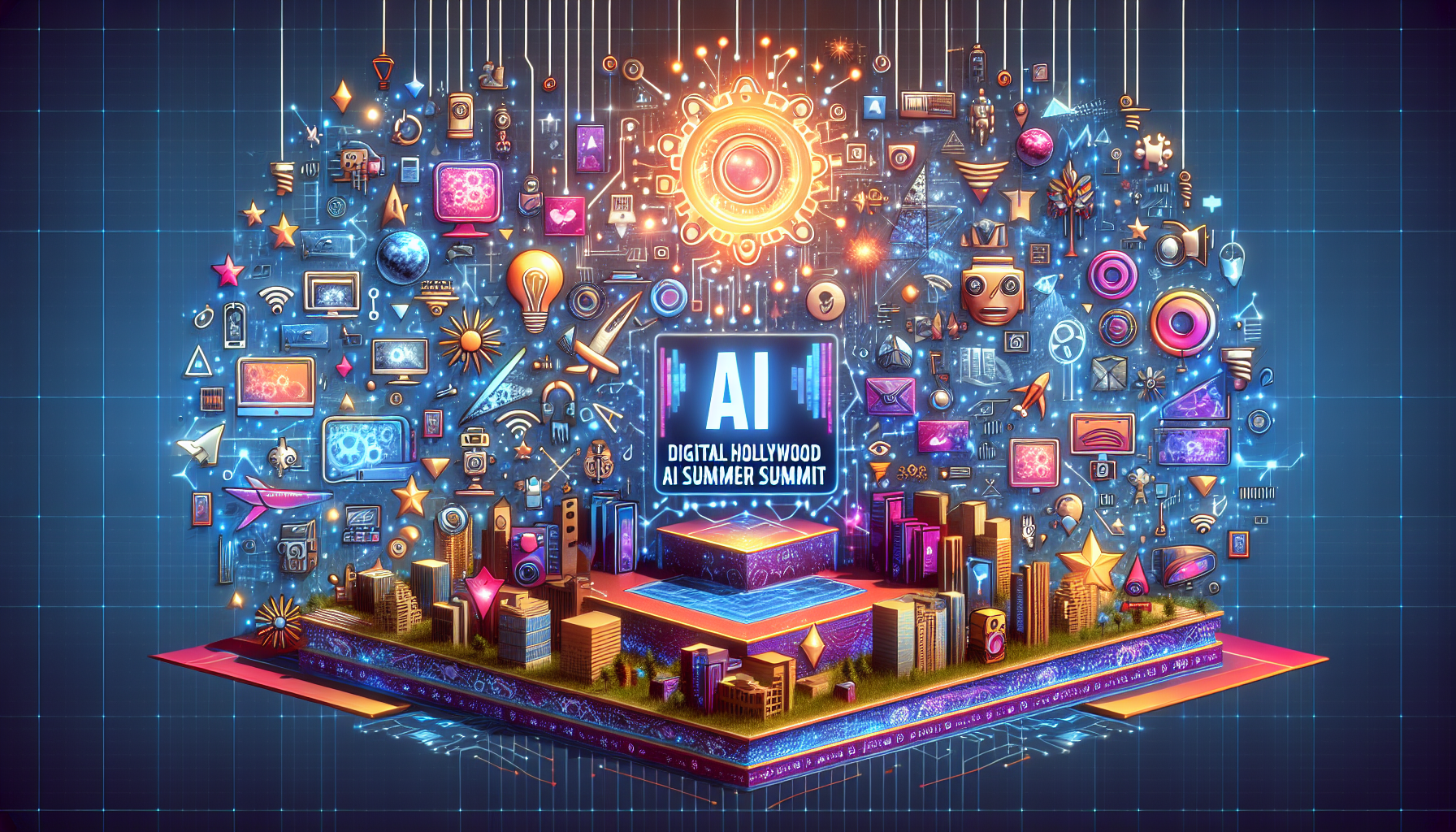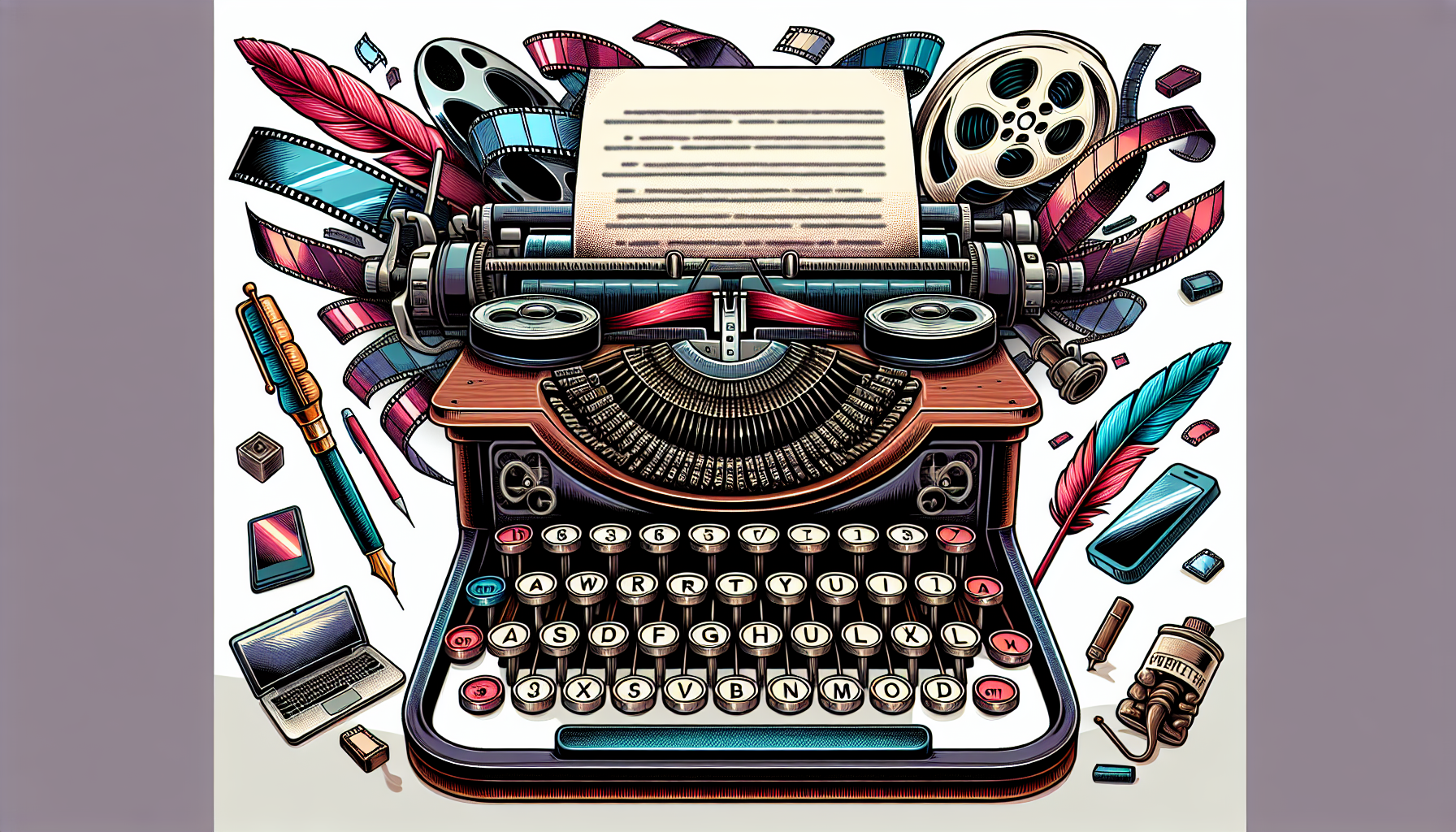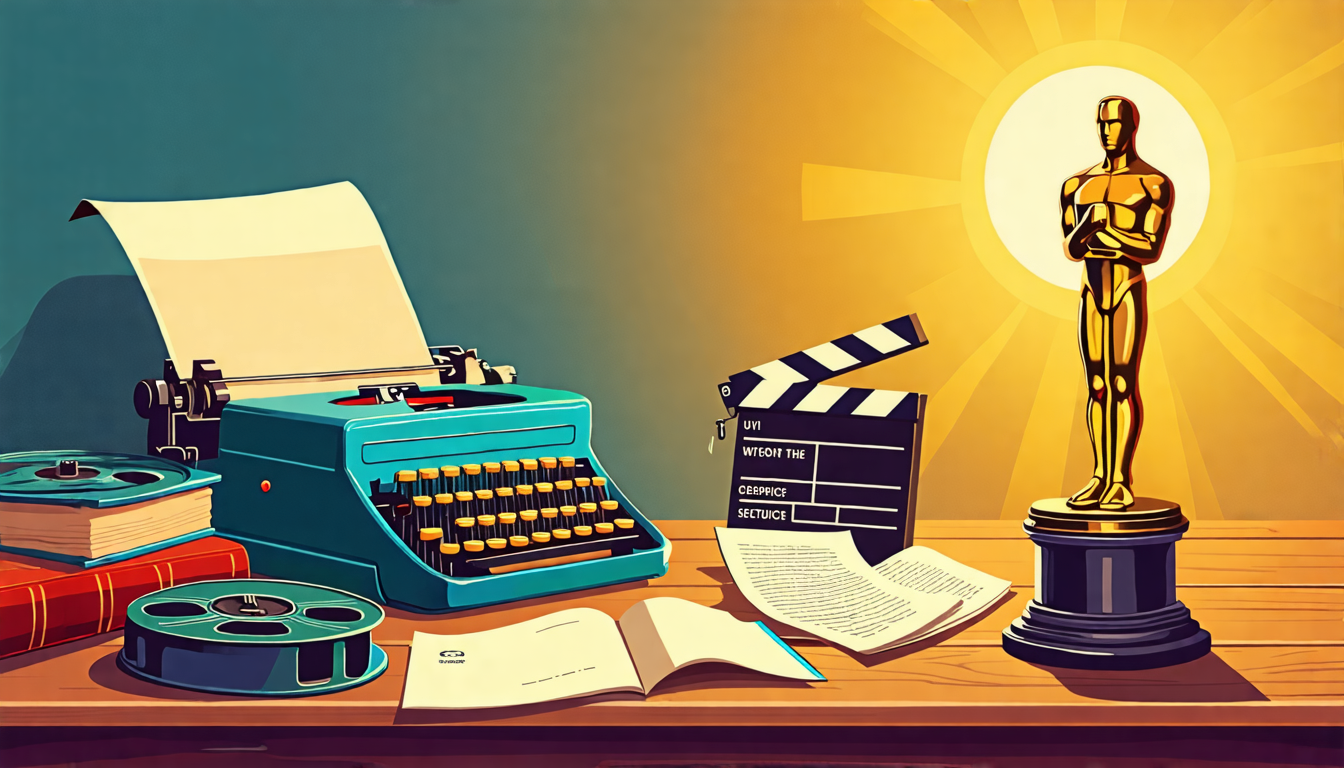
The Dawn of AI in Screenwriting
The screenwriting landscape is undergoing a significant transformation, fueled by the advent of Artificial Intelligence (AI). Traditionally, script formatting has been a meticulous task, requiring writers to adhere strictly to industry standards to ensure their work is taken seriously by producers, directors, and actors. However, the emergence of AI-driven tools is revolutionizing this process, making script formatting more accessible and efficient for writers of all levels.
Automating the Formatting Process
One of the most notable impacts of AI on screenwriting is its ability to automate the script formatting process. Traditional formatting principles, such as proper indentation, character naming conventions, and slug line rules, can be cumbersome for both new and experienced writers. AI tools now offer automatic formatting options, enabling writers to focus more on the creative aspects of their scripts rather than the technical details. These tools can instantly convert a raw text into a correctly formatted script, adhering to industry standards like those outlined by the Screenwriter’s Guild.
Enhancing Creativity and Efficiency
By reducing the time and effort writers spend on formatting, AI allows them to allocate more energy towards developing plotlines, characters, and dialogues. This shift not only enhances creativity but also improves efficiency, enabling writers to produce work faster. Furthermore, AI tools often come with additional features like grammar checking, style suggestions, and even plot and dialogue suggestions, further supporting the creative process.
Customization and Flexibility
Another significant advantage of AI in script formatting is its ability to offer customization and flexibility. Writers can adjust the formatting settings according to their preferences or specific demands of a project. This level of customization extends to different genres and formats, whether for television, film, or web series, offering a tailored approach that was difficult to achieve with traditional methods.
Potential Challenges and Ethical Considerations
While the benefits of AI in screenwriting are evident, potential challenges and ethical considerations also arise. Dependency on AI tools for formatting and creative suggestions could potentially stifle a writer’s ability to learn and apply formatting rules independently. Additionally, there’s a question of originality and copyright when AI suggests plot points or dialogues. Writers must navigate these tools with an understanding that while AI can assist, the core creativity and unique voice should originate from the writer.
Human and Machine Collaboration
The optimal use of AI in script formatting embraces a collaborative approach between human creativity and machine efficiency. Writers who leverage AI tools effectively can free themselves from the mundane aspects of formatting and editing, dedicating more time to the essence of storytelling. However, it’s crucial for writers to remain actively involved in the creative process, ensuring that the use of AI enhances rather than diminishes their unique voice and vision.
Looking to the Future
As AI technology continues to evolve, its impact on screenwriting and script formatting will likely grow. Future developments might offer even more sophisticated support, like dynamic editing based on real-time feedback or deeper integration with pre-production processes. Despite the challenges, the potential for AI to further enhance the creativity and efficiency of screenwriting is immense. By embracing AI, writers not only streamline the technical aspects of their work but also open up new avenues for creative exploration.






